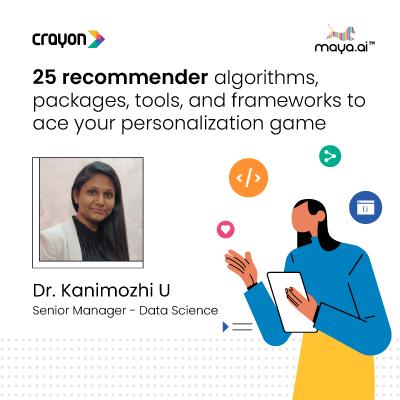The human brain may be nature’s finest computer, but artificial intelligences fed on big data are making a convincing challenge for the crown. In the realm of healthcare, natural language processing, associative intelligence, and machine learning are revolutionizing the way physicians make decisions and diagnose complex patients, significantly improving accuracy and catching deadly issues before symptoms even present themselves.
In this case study examining the impact of big data analytics on clinical decision making, Dr. Partho Sengupta, Director of Cardiac Ultrasound Research and Associate Professor of Medicine in Cardiology at the Mount Sinai Hospital, has used an associative memory engine from Saffron Technology to crunch enormous datasets for more accurate diagnoses. Using 10,000 attributes collected from 90 metrics in six different locations of the heart, all produced by a single, one-second heartbeat, the analytics technology has been able to find patterns and pinpoint disease states more quickly and accurately than even the most highly-trained physicians.
Dr. Sengupta explained his ongoing work with big data analytics to HealthITAnalytics, and discussed the impact such technologies can have on cardiology patients and their outcomes.




















